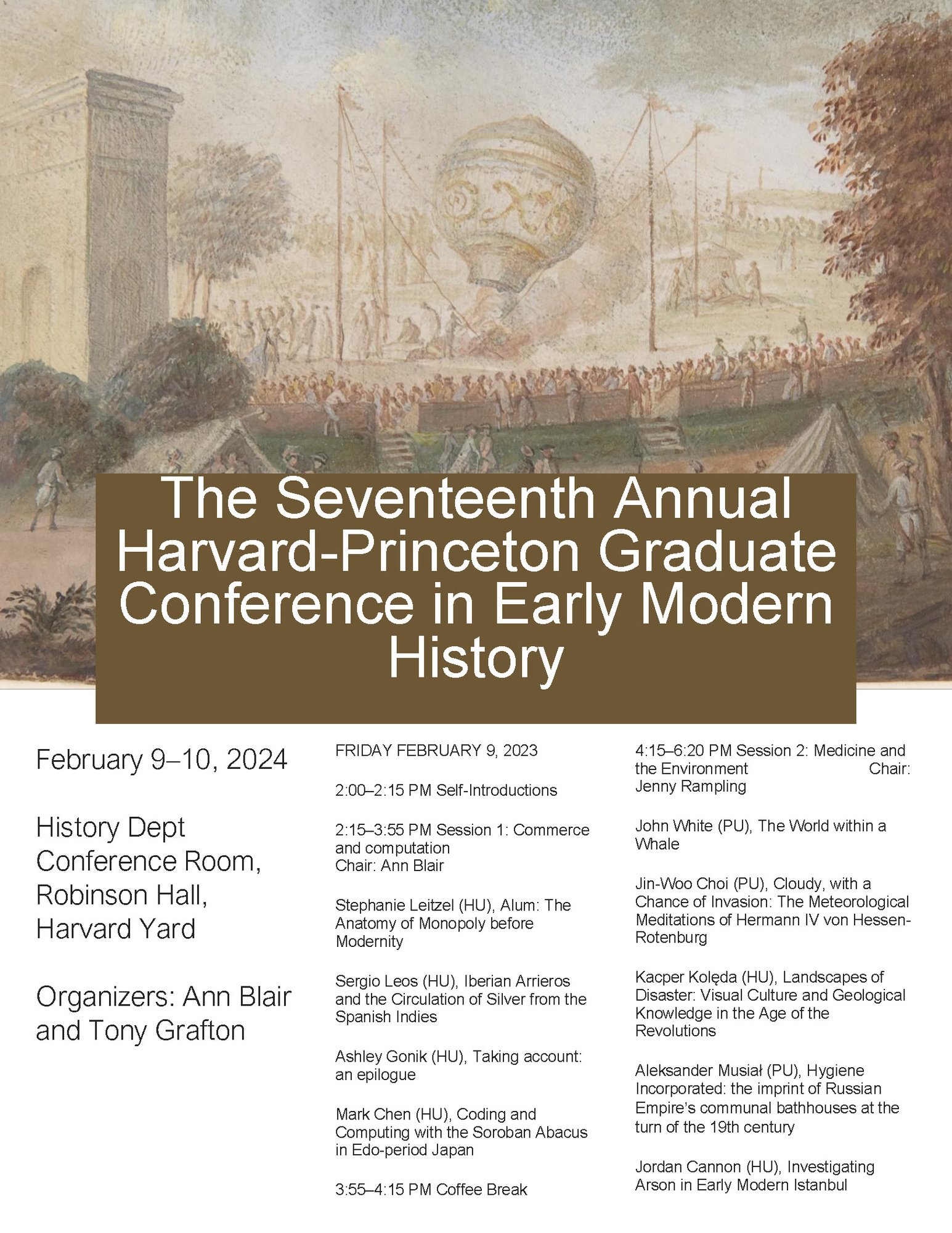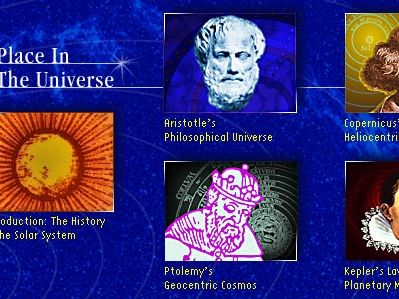Ever wondered how we came to know so much about our world? It all started hundreds of years ago. Scientists back then began to explore and learn. This time is known as ‘Early Modern Science History’.
What is Early Modern Science?
Early Modern Science is a chapter in history. It was from the 16th to the 18th century. This was a time of big changes in how we think about nature.
Key Milestones in Early Modern Science
| Year | Event |
|---|---|
| 1543 | Nicolaus Copernicus said Earth goes around the Sun. |
| 1609 | Johannes Kepler shared laws of planetary motion. |
| 1610 | Galileo Galilei found moons of Jupiter with a telescope. |
| 1687 | Isaac Newton wrote about gravity and motion in ‘Principia’. |
Shining Stars of Science
Many smart people helped us understand our world better. Here are some of them:
- Nicolaus Copernicus – He helped us see that the Sun is at the center, not Earth.
- Galileo Galilei – He used a telescope to show us more of the universe.
- Isaac Newton – He told us why things fall and how planets move.
Fun Facts!
Did you know? Here are some cool facts:
- Back then, people believed that Earth was the center of everything!
- Telescopes were new, and they let us peek at the stars.
- Isaac Newton saw an apple fall and thought about gravity.

Credit: emworkshop.fas.harvard.edu
Science Today
Modern science grew from these discoveries. They are the roots of what we know today!
Without early science, we might not have rockets or understand weather.
The Impact of Early Science on Society
Early science changed how people saw the world.
It led to new inventions. It also made people curious about new things.

Credit: www.quantamagazine.org
Frequently Asked Questions On Early Modern Science History: Unveiling Epochal Breakthroughs
Who Pioneered Early Modern Science?
Many key figures stand out in early modern science, notably Galileo Galilei, Isaac Newton, and Johannes Kepler, whose diverse contributions laid foundational principles for physics, astronomy, and mathematics.
What Is The Scientific Revolution?
The Scientific Revolution refers to the era from the 16th to the 18th century when developments in mathematics, physics, astronomy, biology, and chemistry transformed views of society and nature.
When Did The Scientific Revolution Begin?
Historians commonly place the start of the Scientific Revolution around the late 16th century, with the work of Nicolaus Copernicus and others catalyzing major shifts in scientific thought.
Key Inventions During Early Modern Science?
Key inventions include the telescope by Hans Lippershey, the microscope by Zacharias Janssen, and the mechanical calculator by Blaise Pascal, revolutionizing exploration, research, and computation.
Conclusion
Early Modern Science History is a tale of adventure and learning.
It’s about brave people who asked, “Why?” and “How?”.
Thanks to them, we can explore even more wonders today!
Guest Author Sakhawat-Shuvo wrote and edited this Article based on his best knowledge and understanding. These opinions and remarks are not endorsed or guaranteed by epichistoria.com or EpicHistoria. The Epic Historia does not guarantee this article’s content. Readers should verify and use their judgment before trusting the content. Also, the Images used in this Article are the copyright of their Respective Owners. Please use our Comment Box or Contact Us form to report this content. This information is not accountable for losses, injuries, or damages.


